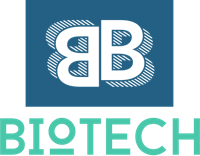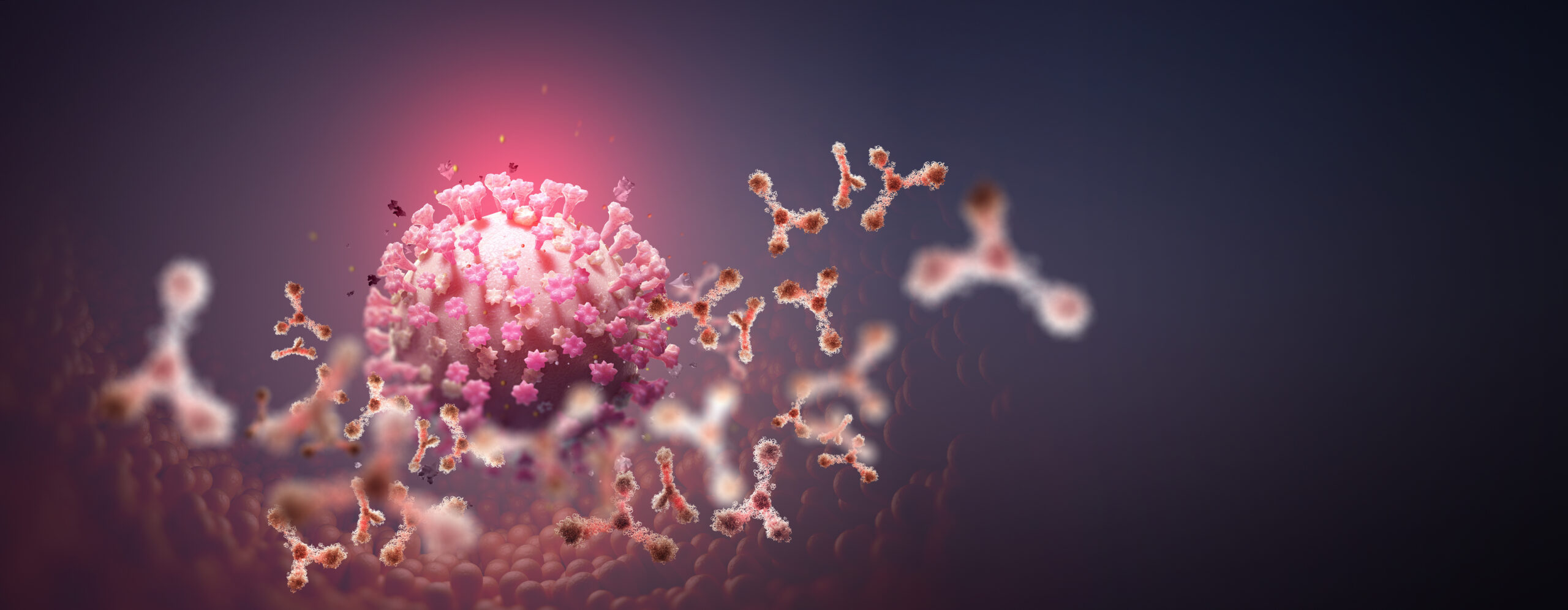Kinases are enzymes that regulate nearly every aspect of cellular function. Acting as molecular switches, they control signaling pathways responsible for growth, metabolism, immune responses, and apoptosis. When dysregulated, kinases play a pivotal role in numerous diseases—most notably cancer. This is where kinase inhibitors come in.
While traditional chemotherapies broadly attack rapidly dividing cells, kinase inhibitors offer greater specificity, making them a transformative class of targeted therapies. Their success began in oncology but has since expanded to autoimmune diseases, fibrosis, and even neurodegenerative conditions.
Given the vast diversity of kinases and their inhibitors, this guide breaks down key categories, highlights major breakthroughs, and explores the next wave of innovation in targeted therapies.
Tyrosine Kinase Inhibitors (TKIs): Revolutionizing Cancer Treatment
Tyrosine kinase inhibitors (TKIs) have become essential in treating various cancers by targeting tyrosine kinases—enzymes that regulate cell growth, survival, and differentiation. When these enzymes become dysregulated, they fuel unchecked cell proliferation and tumor development.
A landmark in this field was Novartis’s imatinib (Gleevec), which revolutionized chronic myeloid leukemia (CML) treatment by selectively inhibiting the BCR-ABL fusion protein. This protein, caused by a chromosomal translocation, is a constitutively active kinase that drives abnormal white blood cell production. Imatinib blocks the ATP-binding site of BCR-ABL, halting cancer progression.
Although many TKIs follow this ATP-site inhibition model, resistance mutations remain a critical challenge. Next-generation TKIs aim to overcome resistance, reduce side effects, and improve brain penetration for treating metastases.
Bruton’s Tyrosine Kinase (BTK) Inhibitors: A Specialized Subset
BTK inhibitors focus on immune cell signaling rather than growth factors and have shown efficacy in B-cell malignancies. The first-generation BTK inhibitor, ibrutinib, was a breakthrough, but resistance mutations like C481S soon emerged.
New non-covalent BTK inhibitors, such as nemtabrutinib, are being developed to bypass these resistance mechanisms, showing the field’s rapid evolution.
Selected TKIs in Development
- Nemtabrutinib (MK-1026)
Developer: Merck
Target: BTK | Indication: Chronic lymphocytic leukemia | Stage: Phase 3
A non-covalent BTK inhibitor designed to overcome C481S mutations seen with ibrutinib. - Remibrutinib
Developer: Novartis
Target: BTK | Indication: Chronic spontaneous urticaria (CSU) | Stage: Phase 3
Shows promising safety and efficacy in treating autoimmune skin conditions. - IDRX-42
Developer: IDRx (acquired by GSK)
Target: KIT | Indication: Gastrointestinal stromal tumors (GIST) | Stage: Phase 1/1b
Targets KIT mutations implicated in GIST pathogenesis. - NVL-655
Developer: Nuvalent
Target: ALK | Indication: ALK-positive non-small cell lung cancer (NSCLC) | Stage: Phase 1
Designed to address resistance and improve CNS penetration.
Cyclin-Dependent Kinase (CDK) Inhibitors: Controlling the Cell Cycle
CDKs regulate DNA replication and cell cycle progression. When dysregulated, they drive uncontrolled tumor growth—particularly in hormone receptor-positive (HR+), HER2-negative breast cancers.
First-generation CDK4/6 inhibitors, such as palbociclib (Ibrance), ribociclib (Kisqali), and abemaciclib (Verzenio), made significant strides. However, resistance mechanisms have led researchers to explore next-generation inhibitors targeting CDK2, CDK7, and CDK9.
- CDK2 inhibitors help overcome CDK4/6 resistance in cancers like breast and ovarian.
- CDK7 inhibitors disrupt both cell cycle and transcription.
- CDK9 inhibitors hinder transcription of survival proteins in cancer cells.
Noteworthy CDK Inhibitors in Development
- PF-07104091
Developer: Pfizer
Target: CDK2 | Indications: HR+, HER2- breast cancer, ovarian cancer, small cell lung cancer | Stage: Phase 1
Induces cell cycle arrest via Rb dephosphorylation. - Milciclib
Developer: Tiziana Life Sciences
Target: CDK1/2/4/7 | Indications: NSCLC, thymic cancer | Stage: Phase 2
A pan-CDK inhibitor that also targets other kinases involved in tumor progression.
JAK Inhibitors: Taming Inflammation
The JAK-STAT pathway is crucial for blood cell formation and immune signaling. Dysregulation is implicated in both blood cancers and autoimmune diseases.
Ruxolitinib (Jakafi), approved in 2011, was the first JAK1/2 inhibitor for myeloproliferative disorders. Tofacitinib (Xeljanz) followed as the first oral JAK inhibitor for rheumatoid arthritis.
Upadacitinib (Rinvoq) has fewer side effects and is now being explored in Crohn’s disease and atopic dermatitis.
Noteworthy JAK Inhibitors in Development
- Brepocitinib
Developer: Pfizer (licensed to Priovant)
Target: JAK1/TYK2 | Indications: Plaque psoriasis, lupus, ulcerative colitis | Stage: Multiple trials
Now in Phase 3 trials for dermatomyositis and NIU. - Povorcitinib (INCB054707)
Developer: Incyte
Target: JAK1 | Indication: Hidradenitis suppurativa | Stage: Phase 2
Reduces inflammatory nodules and abscesses in chronic skin disease. - Zasocitinib (TAK-279)
Developer: Takeda
Target: TYK2 | Indication: Psoriatic arthritis, plaque psoriasis | Stage: Phase 3
Promising efficacy with a lower risk of traditional JAK inhibitor side effects.
PI3K, AKT, and mTOR Inhibitors: Disrupting Survival Pathways
The PI3K/AKT/mTOR signaling pathway regulates cell survival and proliferation. Its disruption is a promising strategy across solid and blood cancers.
- Idelalisib (Zydelig): A PI3K-δ inhibitor for CLL and follicular lymphoma.
- Everolimus (Afinitor): An mTOR inhibitor used in breast, kidney, and pancreatic cancers.
Noteworthy Inhibitors in Development
- RLY-2608
Developer: Relay Therapeutics
Target: PI3K | Indication: PI3K-mutant breast cancer | Stage: Phase 1
Combined with fulvestrant, shows 9.2 months of progression-free survival. - STX-478
Developer: Scorpion Therapeutics (to be acquired by Eli Lilly)
Target: PI3K | Indication: Breast and solid tumors | Stage: Phase 1/2
Part of a $2.5 billion acquisition deal announced in early 2025.
The Future of Kinase Inhibition: A Growing Biotech Frontier
The kinase inhibitor market, valued at $58 billion in 2023, is projected to grow to nearly $90 billion by 2034. While drug resistance remains a major hurdle, biotech companies are rising to the challenge with next-generation therapies featuring:
- Enhanced specificity
- Resistance mutation targeting
- Allosteric inhibition (modulating kinases by binding outside the ATP site)
- Improved CNS delivery
Multi-kinase inhibitors also continue to show promise in broad-spectrum cancer treatment. Drugs like sorafenib, lenvatinib, and cabozantinib have demonstrated efficacy across various tumor types, and ongoing trials are further expanding their applications.
Kinase inhibitors have already reshaped modern oncology and are making inroads into immune and inflammatory conditions. The next frontier will focus on designing smarter, more precise therapies to tackle resistance and improve outcomes across a wide range of diseases.





